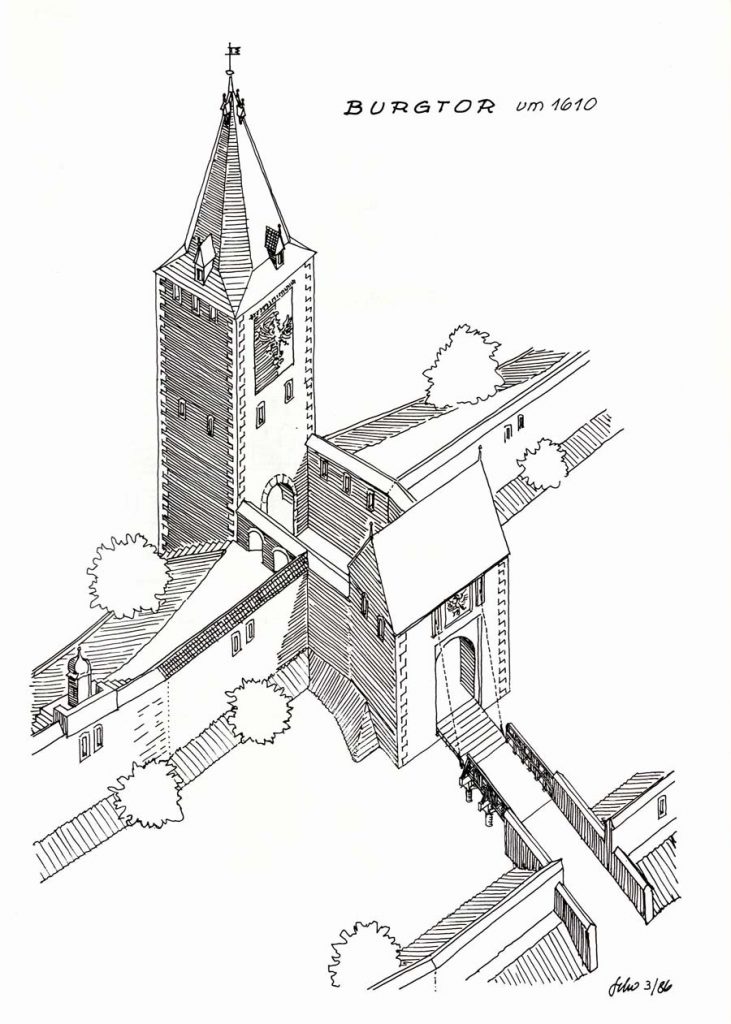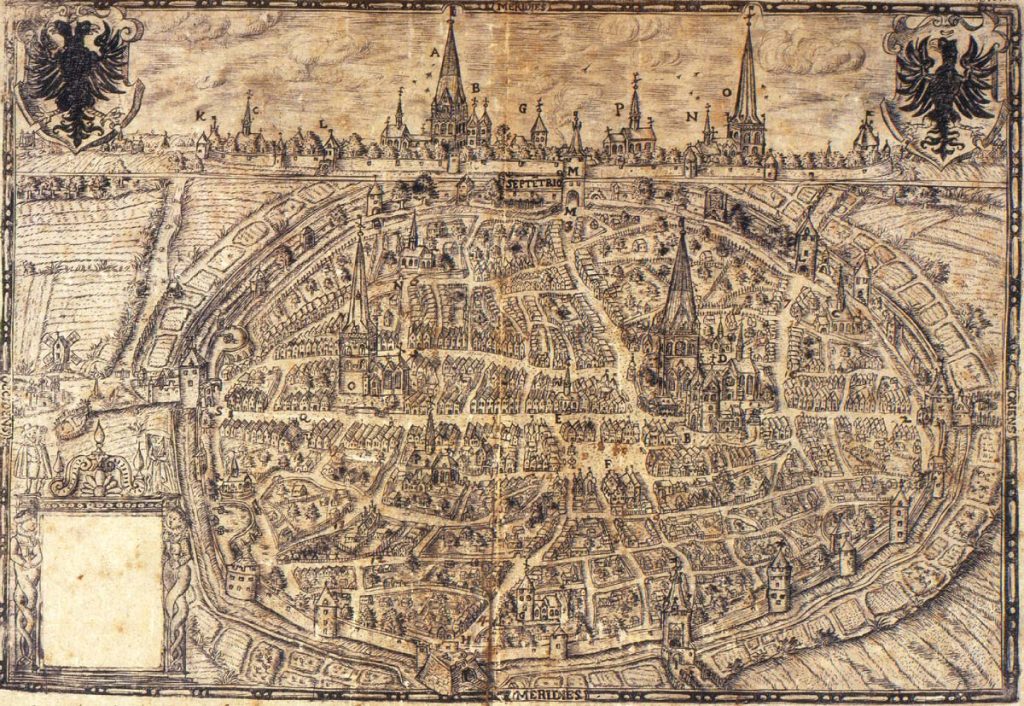Social exclusion in the early modern era – Ordinances against “beggar Jews” in the 18th century
On 25 August 1739, Dortmund city council issued an ordinance banning “all rag-tag and beggar Jews as well as gypsies and vagabonds” from setting foot within the bounds of the city. Failure to comply could lead to draconian punishment, with 14 days’ imprisonment for a first offence, a spell in the pillory for a second, and even death by hanging for the third. To ensure observance of the Christian Sunday, the keepers of the Dortmund city gates were additionally ordered in November 1752 to bar all Jews from entering the city on Sundays and holidays. The ordinances were posted up on the city gates, and even the watchmen themselves were threatened with punishment in the event of failure to comply.
Edicts against itinerants, vagrants, vagabonds, hawkers and beggars were no rarity in the 17th and 18th centuries. Nearly all municipalities issued orders of this kind, aimed at keeping people of this sort off their territory. They were even prohibited from simply passing through. Apart from the fact that such “dissolute rogues” were suspected of taking every opportunity to cheat and steal, the bans against them were also based on fear of them once again bringing “sickness and pestilence” into the city.


